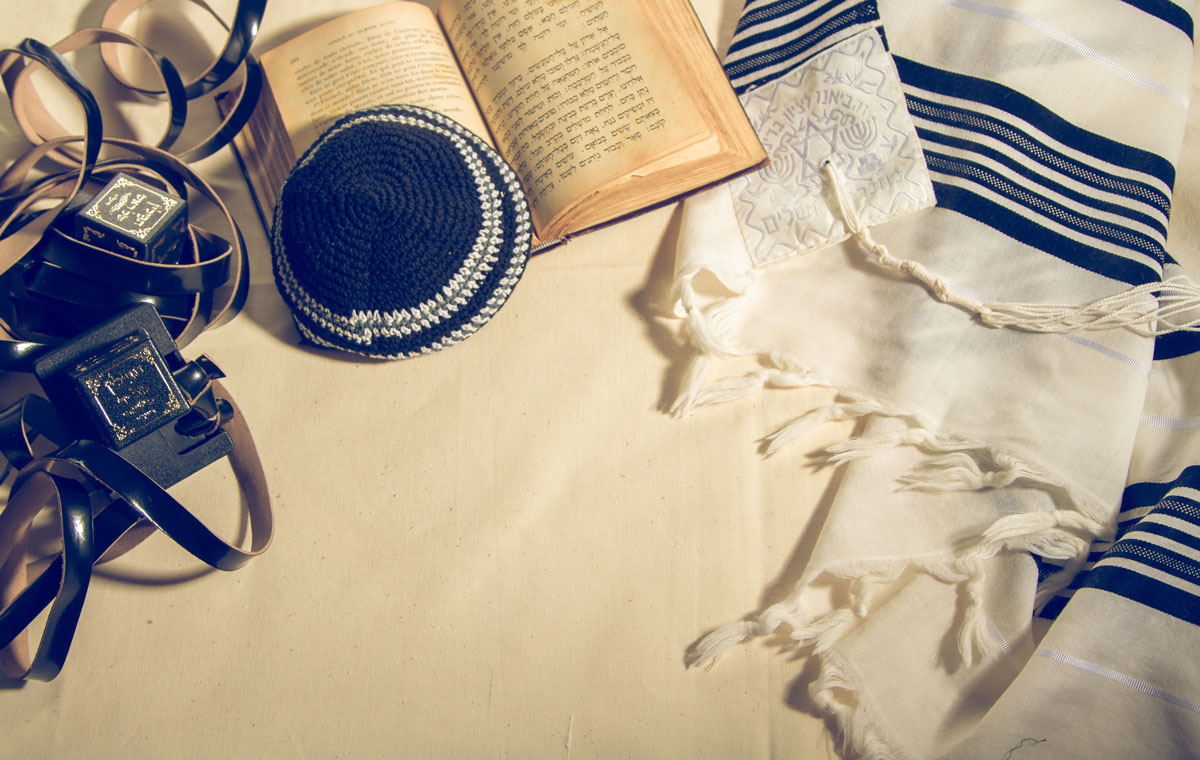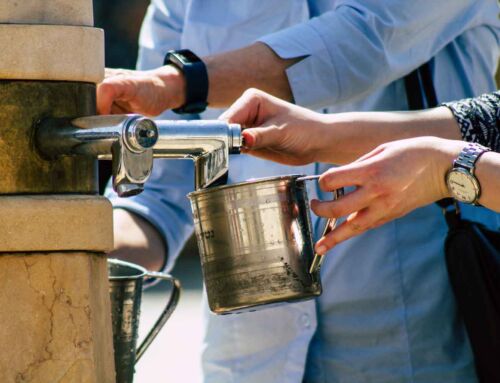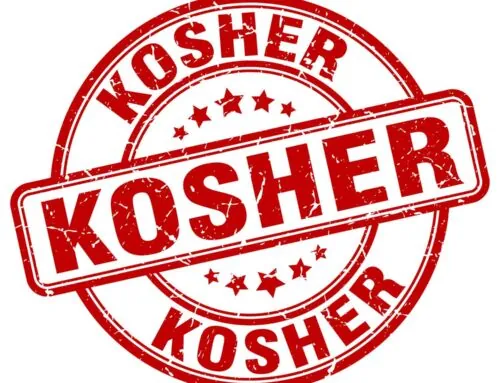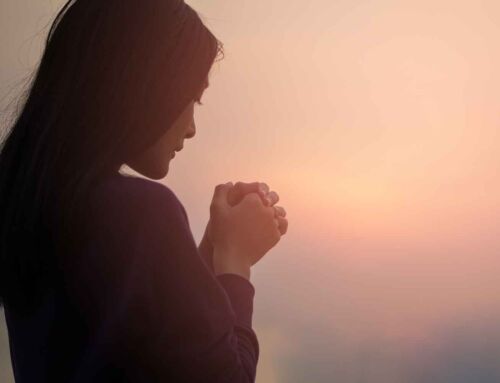Israel is a Jewish state, as most know. However, there are different types of Judaism in Israel. Josephus, the famous ancient Jewish Historian, said there were four sects. These were the Pharisees, the Sadducees, the Zealots and the Essenes. These are all very recognizable terms in the Bible. The modern classification of Jewish groups is different and perhaps not as recognizable.
When traveling around Israel, you may notice a difference in the groups of people around you. You will see some dressing very conservatively and others who dress like they are very western. So what are the modern types of Judaism in Israel?
Haredi (commonly translated as “ultra-Orthodox”)
Around 12.9% of the Israeli population is considered to be Haredi or Ultra Orthodox. These followers keep a very strict following of the Torah and Talmud. They very strictly observe shabbat.
You will see many people walking through Israel who stand out as differently dressed. The adherents of the Haredi community dress very conservatiely. The men where dark colored suits with white shirts and plain black brimmed hats with a kippah beneath. The men are clean shaven until marriage and then grow a beard after marriage. All males regardless of age generally have what are known as payots, in adherence to the law of not cutting one’s sideburns.
During some religious occasions, you will see some in more elaborate dress that will include a large fur hat known as a shtreimel.
The women dress very conservatively, wearing dresses and skirts that cover their bodies except for their heads and hands. In addition, most wear head coverings once married to completely cover their hair. Some wear wigs and you will see many wig shops in the area and notice them as you are walking around.
Dati (“religious”)-
The term dati literally means religious. This is around 10% of all the Israeli population. These are people who follow Judaism still but are more modern in their approach. These adherents will typically more traditionally follow practice of Judaism such as observing Shabbat, wearing a kippah and eating kosher. They will typically be part of a congregation and regularly pray and observe the Holy Days.
You may see women in this group work or not work and some in professional areas. They mostly wear head coverings, but not wigs.
Masorti (“traditional”)
29% of all Israeli Jews identify as a Masorti. This group still follows the Jewish faith, but in a more relaxed fashion.
Those who are Masorti are likely to eat Kosher, but they may not wear a kippah except on special occasions. The women are especially liberated, while still following Jewish practice. They rarely cover their hair.
Hiloni (“secular”)
It may surprise many that the largest group is actually those who are secular. They see their Jewishness as more of a race, culture and tradition than a religion. This doesn’t mean they are atheist. This could mean that they believe in God but don’t follow Jewish law at all, and this could include Christians. They may also still observe some Jewish holidays such as Passover and Shavuot, but don’t practice in their day-to-day.
We hope you will come and visit Israel and its diverse population!







